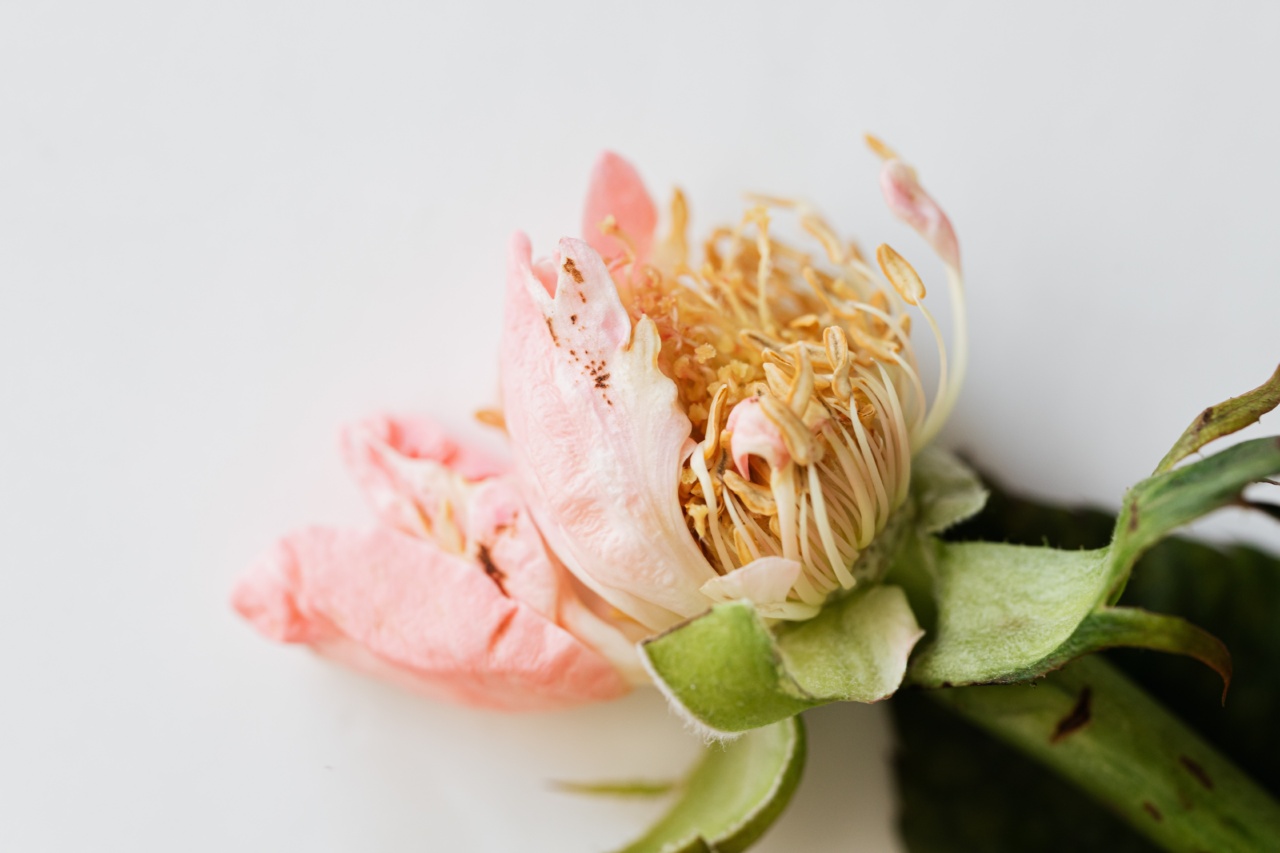As humans, death is an inevitable part of life. While there are numerous factors that can contribute to one’s demise, the concept of dying from natural causes at a very old age raises an interesting question.
Is it possible for individuals to simply pass away peacefully due to the aging process without any specific underlying medical conditions? In this article, we will delve into the notion of dying from natural causes at an advanced age, exploring the science behind it and shedding light on the various factors that come into play.
The Aging Process and Its Effects on Our Body
Ageing is a natural and continuous biological process that affects every individual. With the passage of time, our bodies undergo a series of changes, both on a cellular and systemic level.
These changes occur gradually over the years and affect various organs and systems in our body. From grey hair and wrinkles to reduced sensory capabilities and weakened immune functions, our bodies exhibit signs of wear and tear over time.
While ageing itself is not classified as a disease, it increases our vulnerability to various health conditions.
Organs such as the heart, lungs, kidneys, and liver gradually become less efficient, making individuals more susceptible to chronic illnesses. With weakened bodily functions, the likelihood of succumbing to diseases, infections, or complications increases as we grow older.
The Role of Genetics
Genetics play a crucial role in determining an individual’s life expectancy and susceptibility to certain diseases. Some people are genetically predisposed to live longer lives, inheriting longevity-enhancing genes from their parents or ancestors.
These genes can be responsible for better DNA repair mechanisms, efficient cellular processes, and improved overall health, leading to a higher likelihood of dying from natural causes at an older age.
However, it is important to note that genetics only play a part and do not guarantee a long life. Lifestyle choices and environmental factors also significantly impact our overall health and lifespan.
A person with exceptional genetics can still experience premature death if they engage in unhealthy habits like smoking, a sedentary lifestyle, or poor dietary choices.
Factors Influencing Natural Death at Old Age
While the concept of dying from natural causes is often associated with a peaceful and ideal end to one’s life, it is essential to recognize the numerous factors that contribute to this outcome.
Some of the key factors determining natural death at an old age include:.
1. Disease Prevention and Management
One of the crucial aspects of living a long and healthy life is the ability to prevent diseases and manage existing conditions.
Regular medical check-ups, early detection of illnesses, and timely interventions can significantly improve an individual’s chances of dying from natural causes. Effective disease management strategies, such as monitoring blood pressure, blood sugar levels, and cholesterol, can prevent or delay the onset of life-threatening complications.
2. Access to Quality Healthcare
An efficient and accessible healthcare system plays a vital role in enabling individuals to live longer lives.
Availability of medical facilities, access to essential treatments and medications, and qualified healthcare professionals contribute to better health outcomes and increased life expectancy.
3. Healthy Lifestyle Choices
Living a healthy lifestyle is paramount to aging gracefully and reducing the likelihood of premature death.
Regular exercise, a balanced diet rich in essential nutrients, and abstaining from tobacco and excessive alcohol consumption are factors that significantly increase the chances of dying from natural causes at an advanced age. A healthy lifestyle also helps in preventing chronic conditions such as heart disease, diabetes, and certain types of cancer.
4. Social Support and Mental Well-being
Strong social connections and a positive mental state can contribute to a longer life. Research has shown that individuals with robust support systems tend to have better overall health, reduced stress levels, and improved longevity.
Maintaining an active social life and engaging in activities that promote mental well-being can be beneficial towards dying from natural causes at a very old age.
5. Environmental Factors
The environment in which individuals live can also impact their life expectancy. Access to clean air, safe drinking water, and a pollution-free environment plays a vital role in maintaining good health.
Additionally, living in a safe neighborhood with minimal exposure to violence and crime reduces stress levels and improves overall well-being.
The Myth of Peaceful Natural Death
While dying from natural causes at an old age is often romanticized as a peaceful and painless event, the reality is more complex.
Even if an individual is fortunate enough to have avoided major diseases, the ageing process itself can cause discomfort, physical decline, and various age-related ailments. Conditions such as arthritis, osteoporosis, and diminished cognitive abilities can impact an individual’s quality of life, even if they do not directly lead to death.
Moreover, dying from natural causes does not mean one is exempt from pain and suffering in their final days. Many individuals experience symptoms such as shortness of breath, chest pain, fatigue, and other discomforts as their body gradually shuts down.
While their deaths may not be attributed to a specific disease, the ageing process itself can bring challenges and distress.
The Importance of Palliative Care
Ensuring a dignified and comfortable end of life for individuals dying at an old age is crucial.
Palliative care, a specialized form of medical care, focuses on alleviating pain, managing symptoms, and providing emotional support to individuals nearing the end of their lives. It aims to enhance the overall quality of life and provide a peaceful and comfortable environment for those in their final stages.
Conclusion
While dying from natural causes at a very old age is indeed possible, it is not a universal experience for everyone.
Genetics, lifestyle choices, access to healthcare, and environmental factors all play significant roles in determining the likelihood of dying from natural causes. It is essential to understand that the aging process itself can bring challenges and discomforts, even for those fortunate enough to evade major diseases.
Emphasizing the importance of disease prevention, quality healthcare, healthy lifestyles, and palliative care paves the way for a more holistic approach to end-of-life experiences.






























